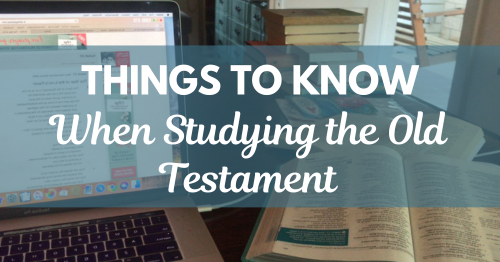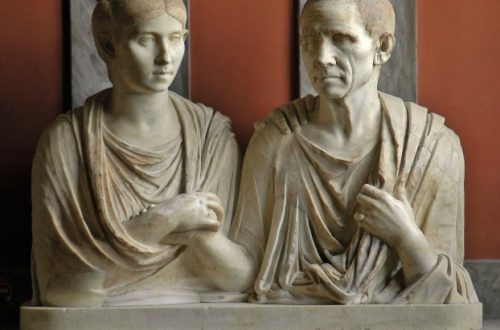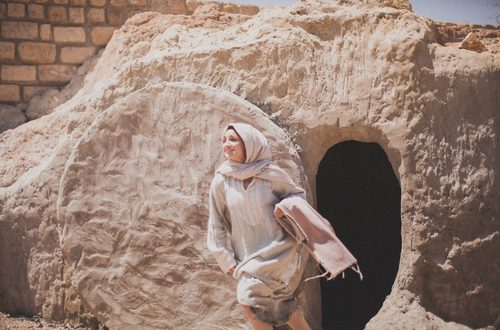Why I’m a Jazz Christian
Where is this going, you may ask. What are these crazy cats doing? By all that is good and holy, where’s the structure in this thing?
That’s what you may think the first time you hear jazz.
Where is this going, you may ask. What are these crazy cats doing? By all that is good and holy, where’s the structure in this thing?
That’s what you may think the first time you hear jazz.
Jazz is hard to define and harder still to know its origins. But we know it when we hear it. Oh, we all say, that’s jazz. It’s a roller coaster ride, and the best you can do is strap yourself in and hang on (and maybe through your arms up in the air for the pure joy of it).
Jazz is more than a musical style. It’s a lifestyle and a theology. Charlie Parker said, "If you don’t live it, it won’t come out of your horn."*
That’s why I call myself a Jazz Christian.
I call myself a Jazz Christian because the meaning of jazz can never be fully articulated. This is not to say that it can mean anything. On the contrary, jazz forever will be and can only be jazz.
I call myself a Jazz Christian because jazz music has structure, and this structure gives freedom and improvisation. It constantly invents. No two performances can ever be alike. It is infinitely interesting.
I call myself a Jazz Christian because jazz is polyrhythmic and syncopated. It’s surprising and energetic. It’s upside-down, inverted and subverted.
I call myself a Jazz Christian because jazz embraces all instruments, all genres, and all music. It’s multicultural, if you will. Every instrument is welcome. If you can jam, you can play. Every genre can be used for and can incorporate the elements of jazz, and jazz expands into many genres of its own. Every musical piece is up for grabs. In fact, just today I heard a jazz rendition of the classic rock song, Sunshine of Your Love. Nothing is safe! All will be transformed for the love of jazz!
I call myself a Jazz Christian because jazz takes risks. Musicians work out ideas and riffs in performances. You never know what’s going to happen next. The good musicians play the brilliance in their head even when they don’t have the chops to do it.
I call myself a Jazz Christian because jazz survives by being absorbed into the present and by having disregard of the immediate environment.
I call myself a Jazz Christian because jazz is both laid back and passionate. It swings, and it pulsates.
I call myself a Jazz Christian because jazz is uncontainable. It’s abundant and excessive, even. It overflows with life.
I call myself a Jazz Christian because jazz is communal. It dialogues with and feeds off other instruments. It builds on and quotes the past (historical community) and invents within the jazz combo (or big band, or what have you). As Clark Terry says, "Imitate, assimilate, and innovate."
And I call myself a Jazz Christian because it’s imaginative. "Don’t play what’s there," Miles Davis once said. "Play what’s not there."
So pick up your instrument and jam with me.
*This post is dedicated to the great jazz saxophonist, Charlie Parker, who would’ve celebrated his 88th birthday today. He was one of the founders of bebop jazz (though he just wanted to call it music). Parker said of playing jazz, "I realized by using the high notes of the chords as a melodic line,
and by the right harmonic progression, I could play what I heard inside
me. That’s when I was born."



8 Comments
Sue Bohlin
Jazz is the musical version
Jazz is the musical version of coloring outside the lines, isn’t it?
The other day I heard Jody Dean (KLUV radio) quote Huey Lewis: "Some music is more fun to listen to than others, but all music is fun to play." Surely jazz is one of those genres that he was thinking of when he said that! (When I shared that quote with my brother, an R&B keyboard player, he said, "Yeah, but some music is more fun to play than others, too!")
I had never thought, before I read your blog, about how jazz was never meant to be a solo act. Just like Christianity! Great observations, Heather!
Heather A. Goodman
I think being a musician and
I think being a musician and writer has influenced my theology in a number of ways, but jazz sticks out to me more than some others.
Sharifa Stevens
Amen! I got chills reading
Amen! I got chills reading your post. So true the defined and open contradiction of Jazz; ensemble pieces with wildly individual improvisation.
Jazz is an American brand born out of Jim Crow, slavery, the Gospel, and sweat, but ironically, it’s thrown wide open to the international community. The music of the oppressed, liberates. Imagine that.
I pray that I, too, would be a Jazz Christian, to share my songs of pain and watch God transform the notes to to beauty, strength and salvation, intermingling with the notes of other brothers and sisters, creating irresistible praise music that others want to listen to…and join.
Heather A. Goodman
Yes! The oppressed becoming
Yes! The oppressed becoming the liberators.
The man who hung on the cross shamefully at the hand of the powerful became the sin-eater, victory-holder, and freedom-giver.
The inverting and subverting aspect.
Mark Blumberg
What a marvelous analogy!
My sweet wife passed your blog on to me this morning to check out. Probably, because as having been a professional musician in my past life, I have often used (pretty much word for word) your description of this brilliant form of musical expression. But I have never thought of jazz in terms of being analogous to our christian life. Yet there it is … living and breathing right there in front of me. Thank you for pointing it out!
I would like to share an expression used by Bob Brookmeyer that would fit into this thread …
I was never blessed by greatness or afflicted by fame –
I am just good at what I do … most of the time.
Heather A. Goodman
That’s a great quote! One I
That’s a great quote! One I need to keep in mind.
jazztheologian
I couldn’t agree
I couldn’t agree more!
http://www.jazztheologian.com
L.L. Barkat
I liked that part about no
I liked that part about no two performances ever being alike. I mean, they have similarities at the deep-structure level, but then, as you say, so much freedom and creativity. I’d like to be a jazz Christian too, if that’s what it means.